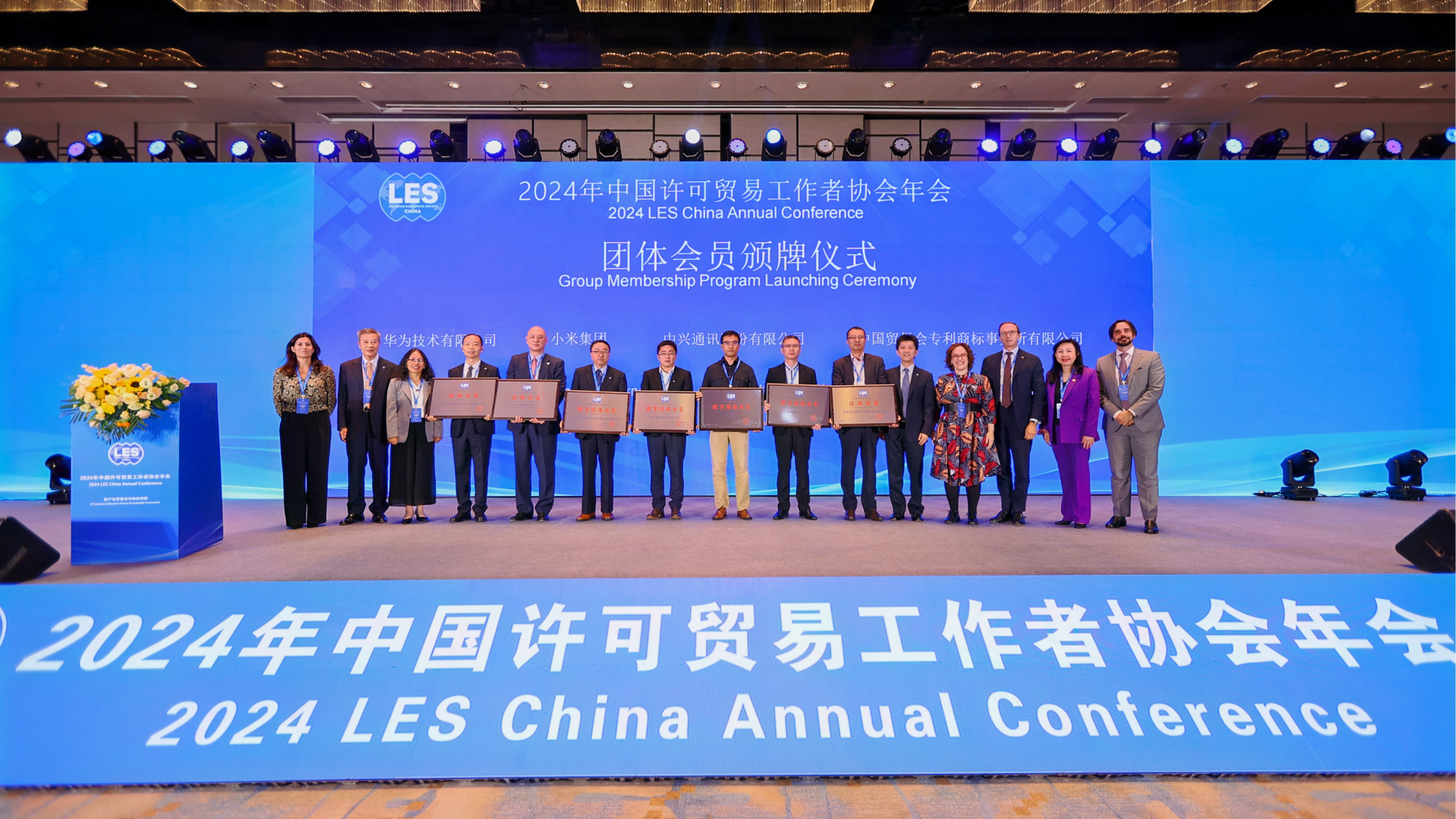The Role of IP Management in Promoting Technological Innovation and Global Cooperation
Explore the role of IP management in fostering technology innovation and promoting international collaboration. This article delves into how effective intellectual property strategies can stimulate advancements in tech and enhance cooperative efforts across borders.

The 2024 LES China Annual Conference, held on Thursday in Beijing, gathered top global executives to deliberate on driving sustainable innovation through effective IP commercialization.
This conference was conducted by Licensing Executives Society China, a body committed to fostering the growth of China's licensing trade, technology transfers, and IP safeguarding frameworks to propel technological advancement.
"LES China is taking concrete actions to train licensing professionals, enhance their IP commercializing capabilities, and engage in international exchanges, with the aim of contributing to building a more open, balanced and accessible global IP ecosystem," stated Yuan Shaohui, president of LES China.
During the conference, various guest speakers underscored the importance of promoting IP commercialization, mentioning its role in generating business opportunities and supporting worldwide innovation. Additionally, an increased emphasis on collaborative IP utilization was noted by some speakers.
Delving into IP commercialization, the discussions acknowledged that this field is intricate and spans various disciplines including technology, negotiation, law, and international commerce, which vary based on the particular scenario and IP involved.
A prominent discussion topic at the event was the role of AI in enhancing IP commercialization. Industry leaders from top tech firms talked about the potential of AI to refine patent services and its impact on improving the efficiency and accuracy of patent searches and appraisals, as well as increasing transparency in IP licensing.
Panelists also extensively explored the use of mediation in conflict resolution. As a primary form of Alternative Dispute Resolution (ADR), mediation was lauded for its efficiency, cost-effectiveness, and confidentiality compared to traditional litigation. ADR represents a spectrum of processes designed to resolve disputes outside the court system.
In various panel discussions, experts from regulatory bodies, IP service entities, and legal practices shared their viewpoints and tactics for striking a balance between achieving successful transactions and sustaining cooperative business relations.
Allen M Lee for TROIB News
Discover more Science and Technology news updates in TROIB Sci-Tech












